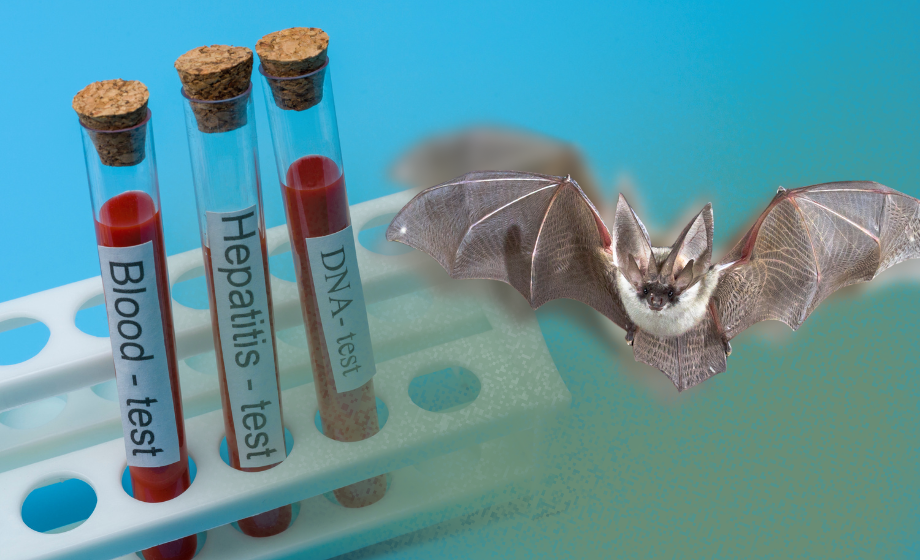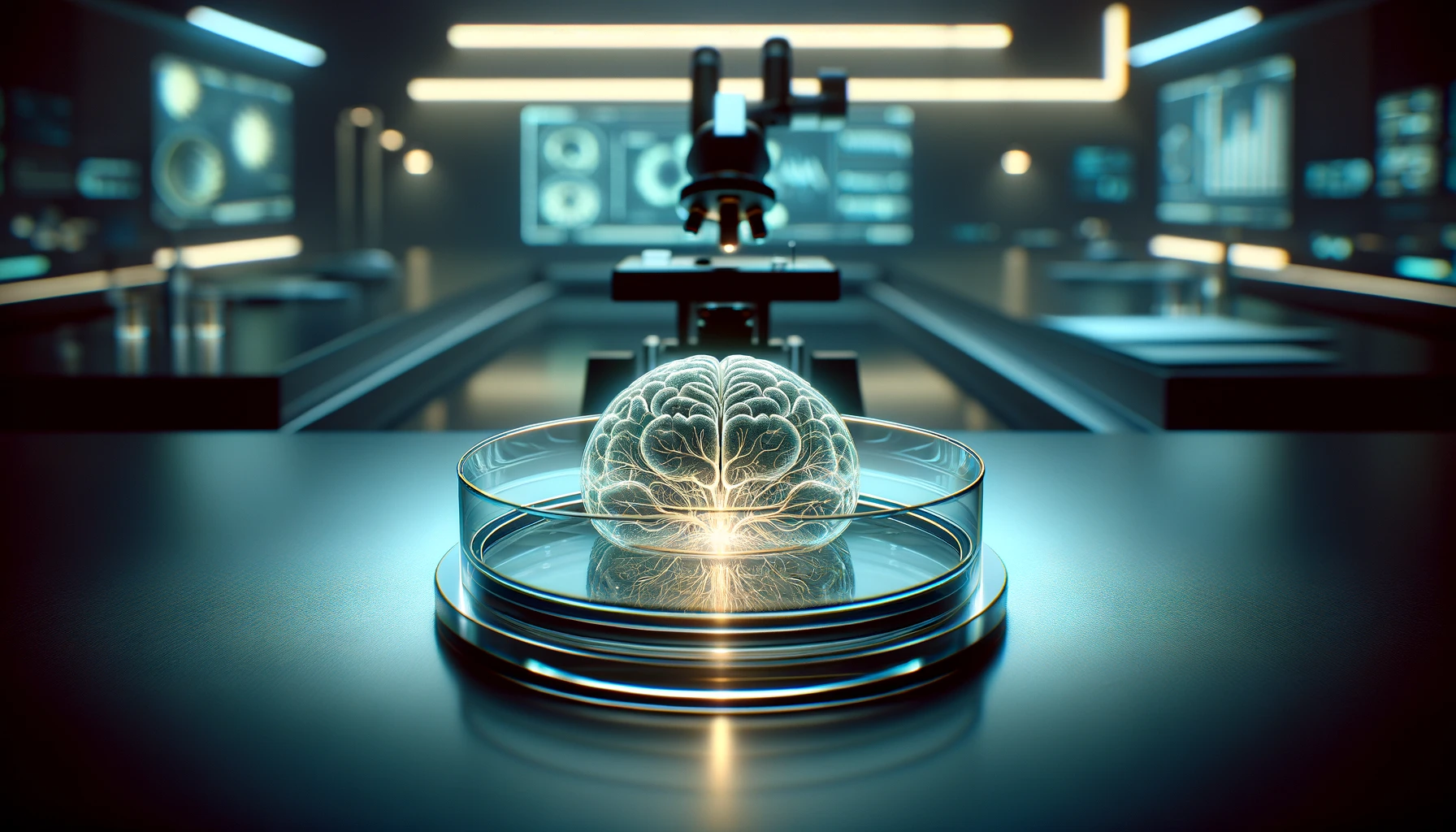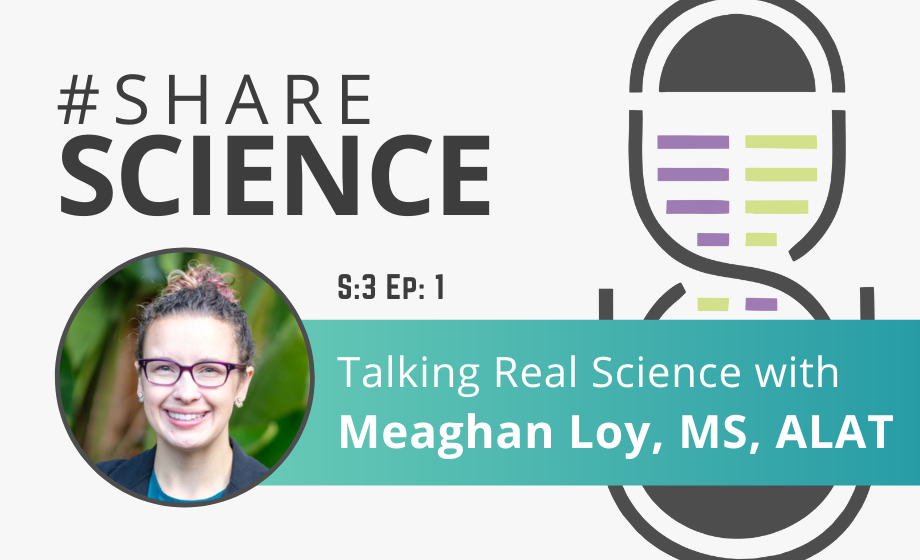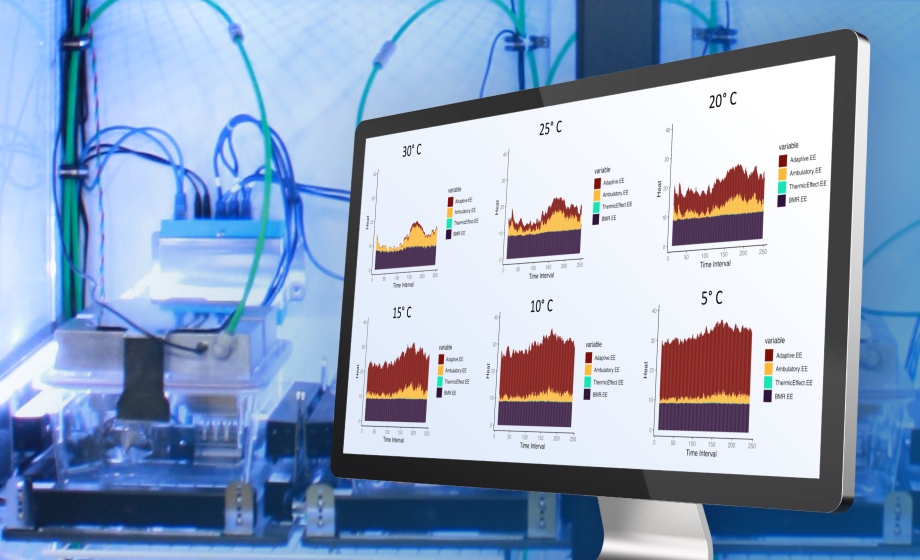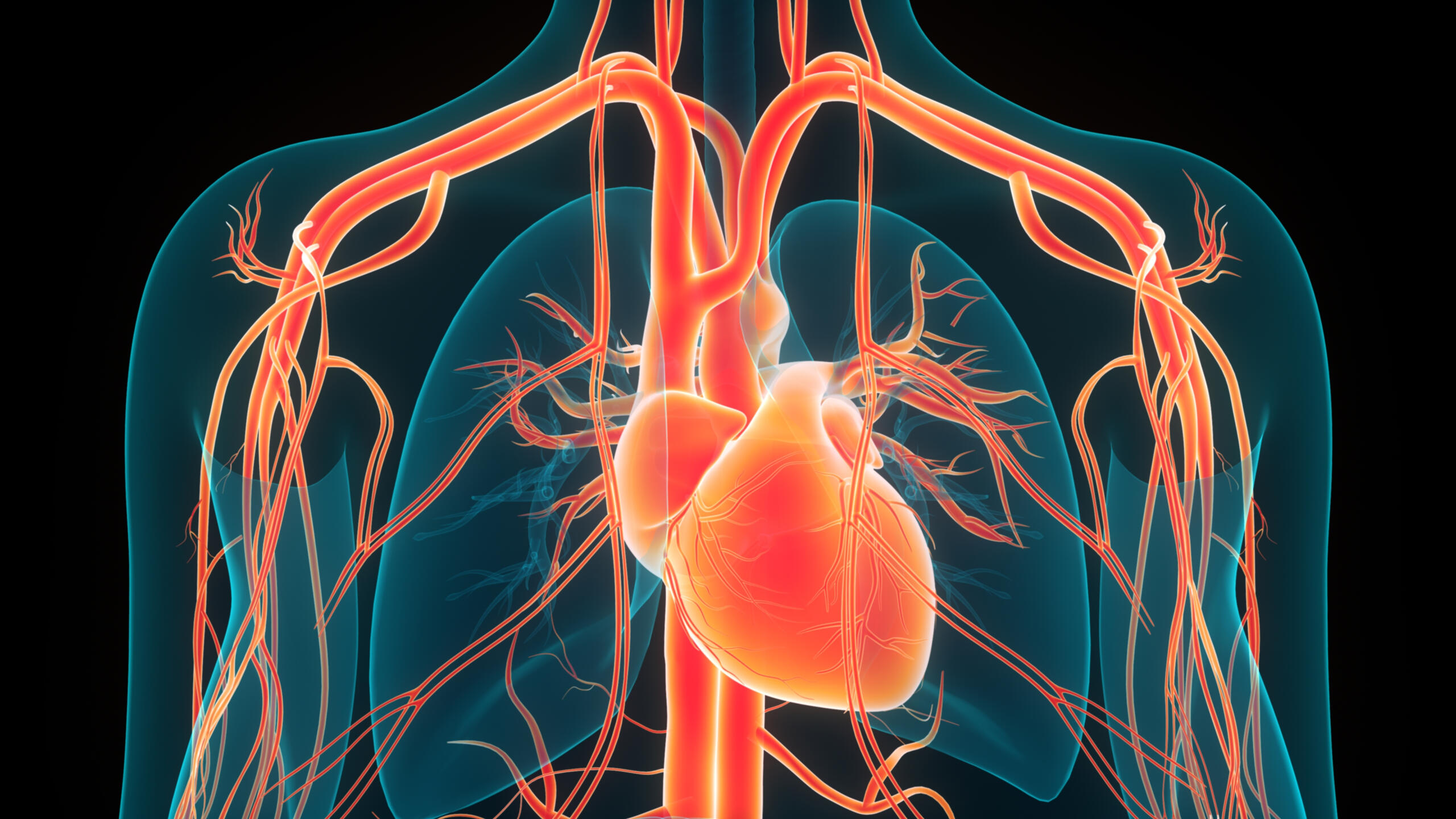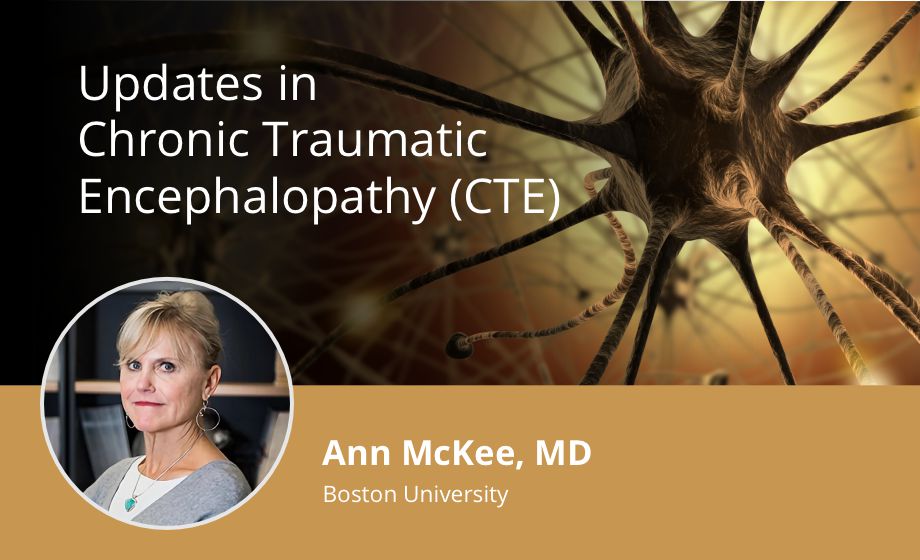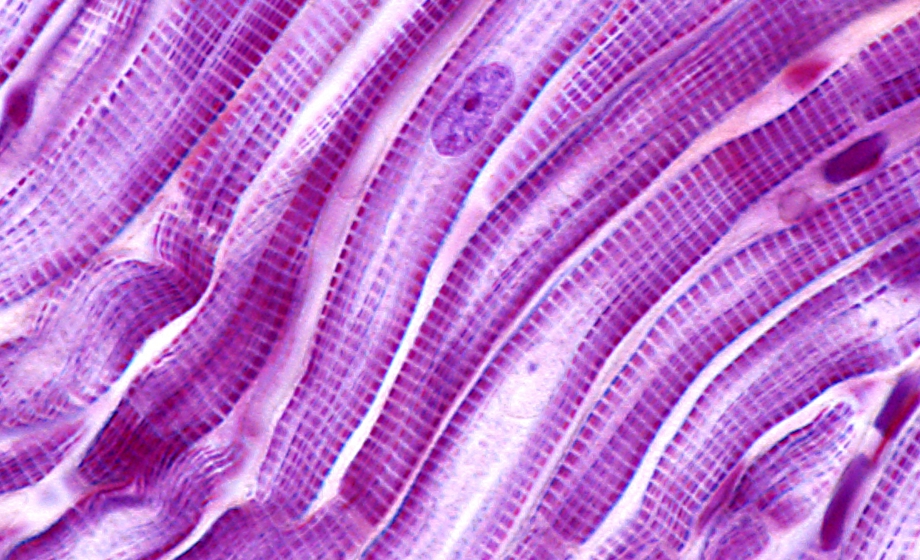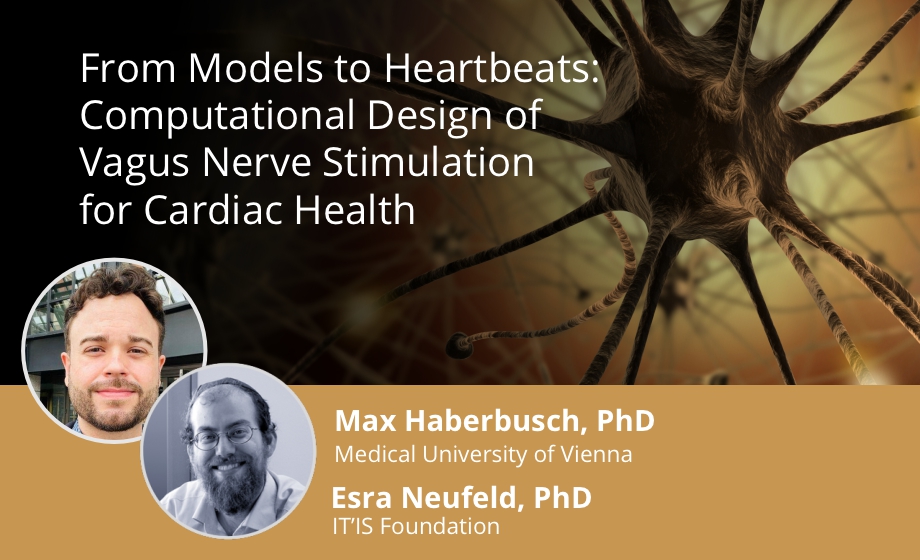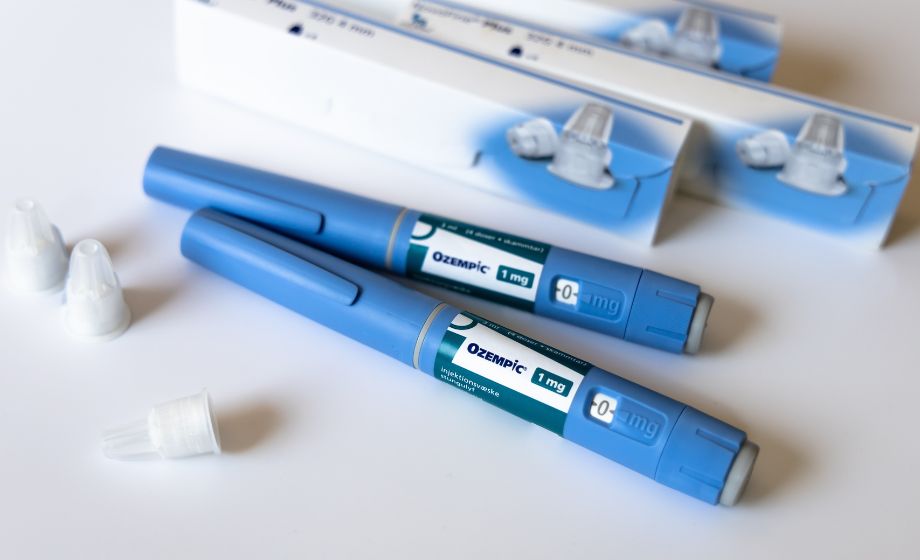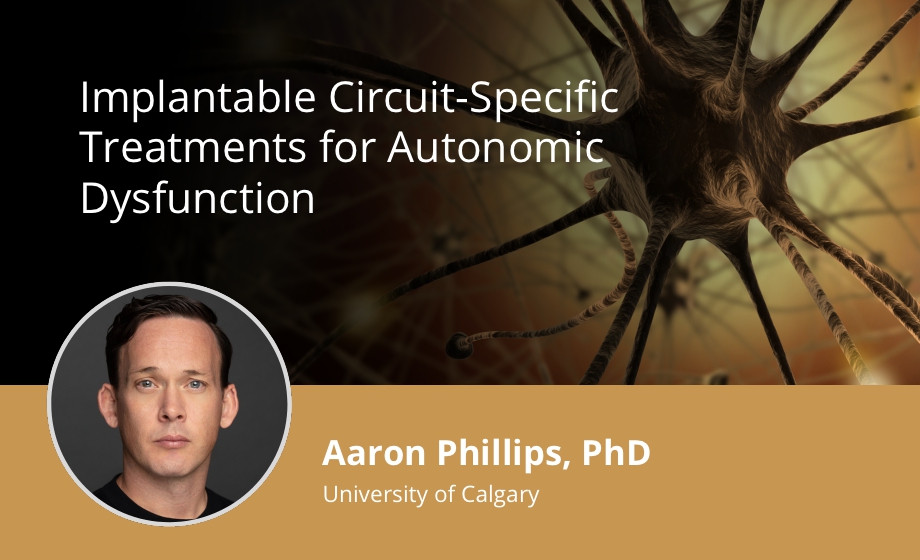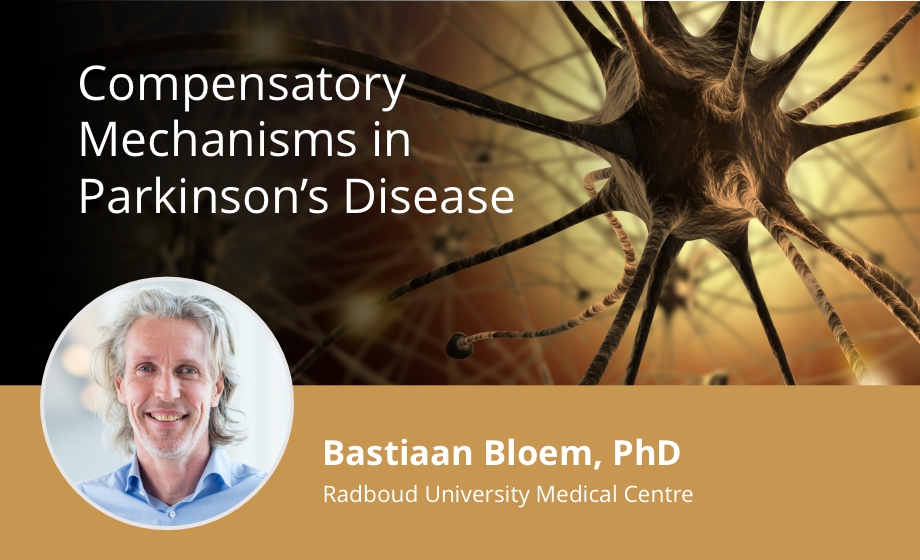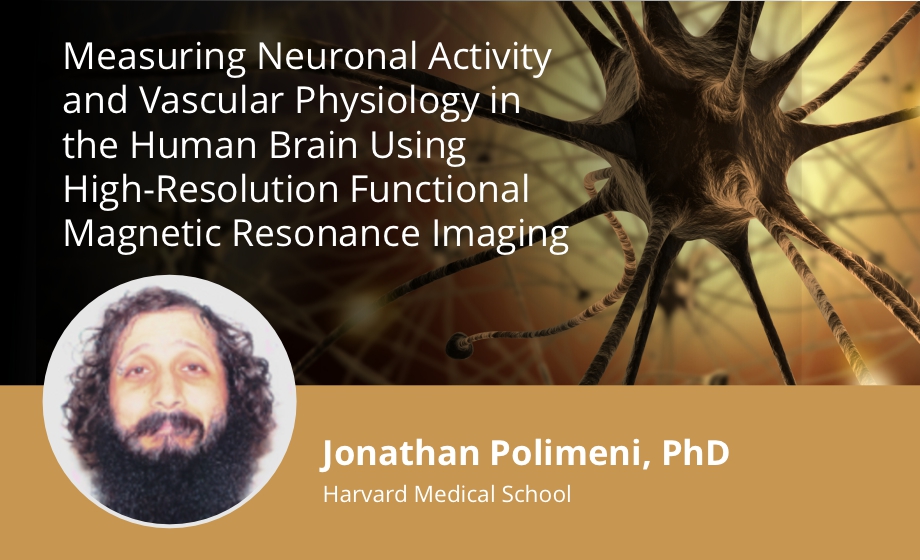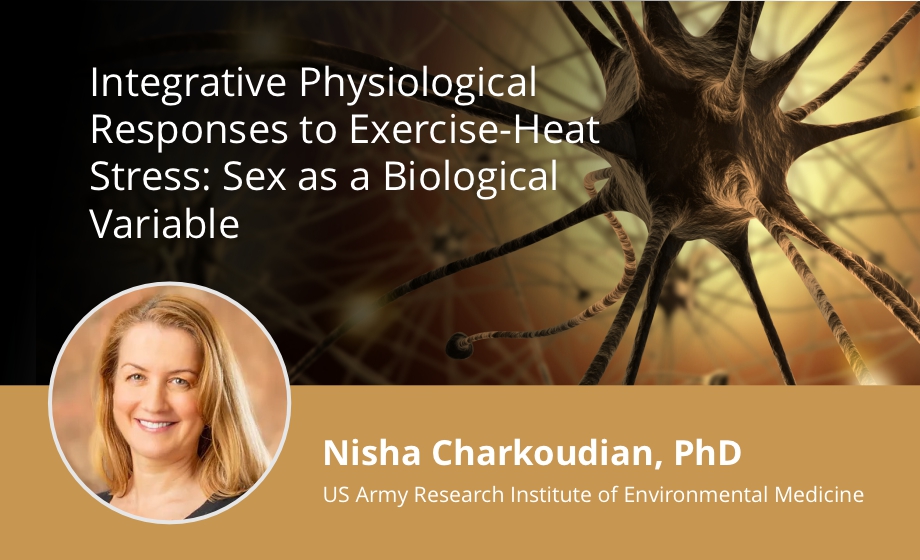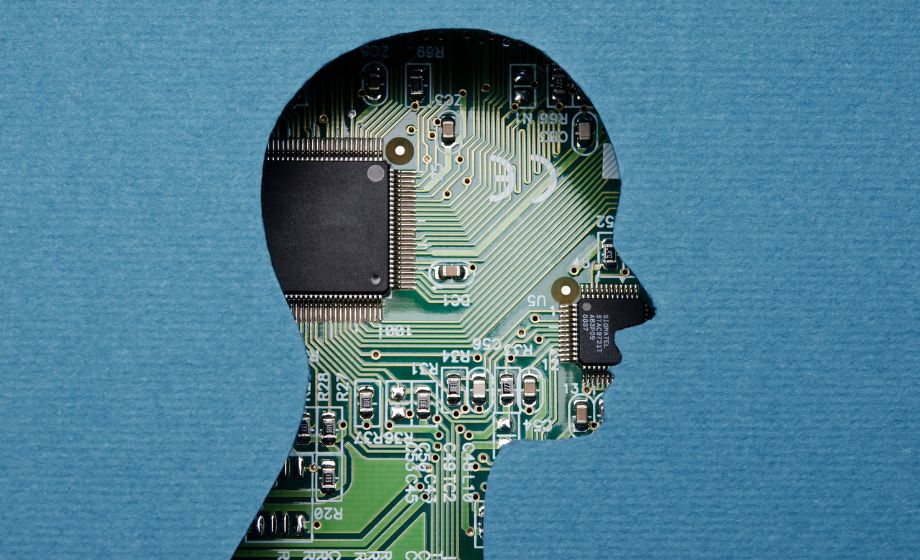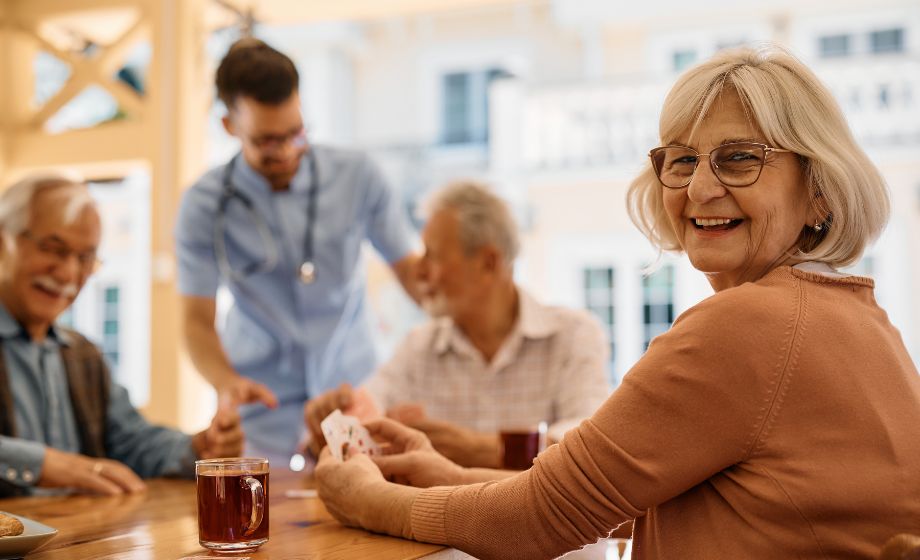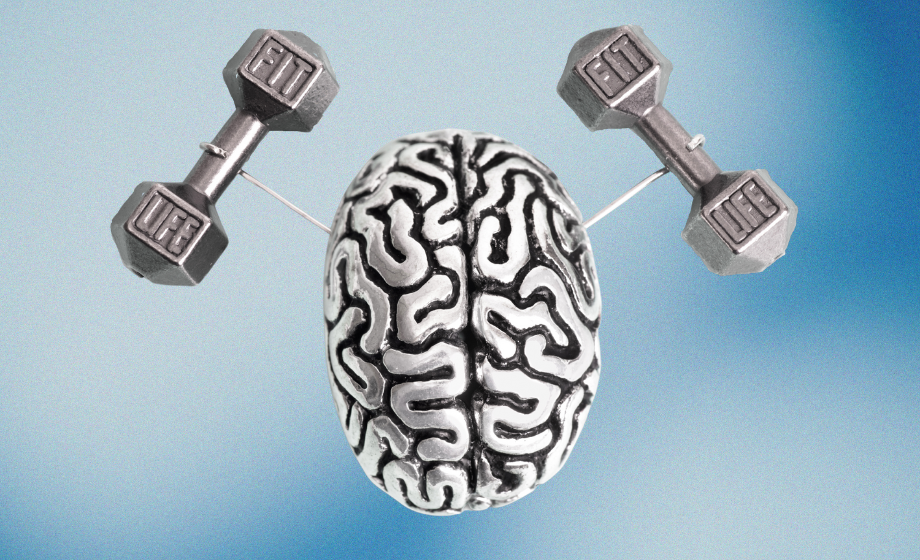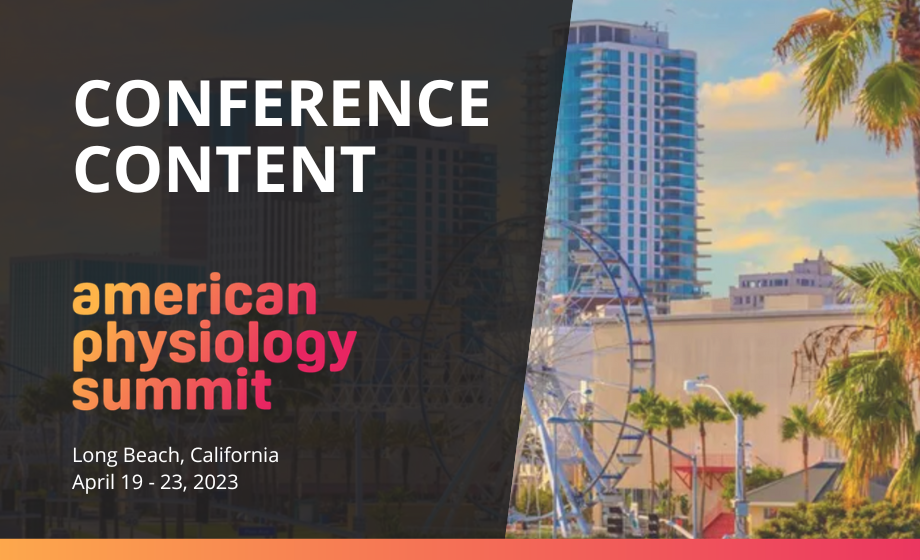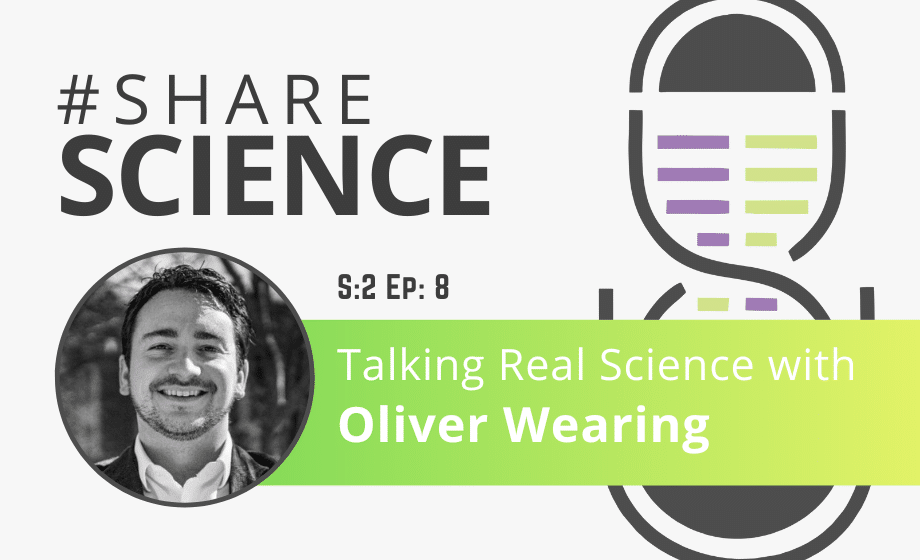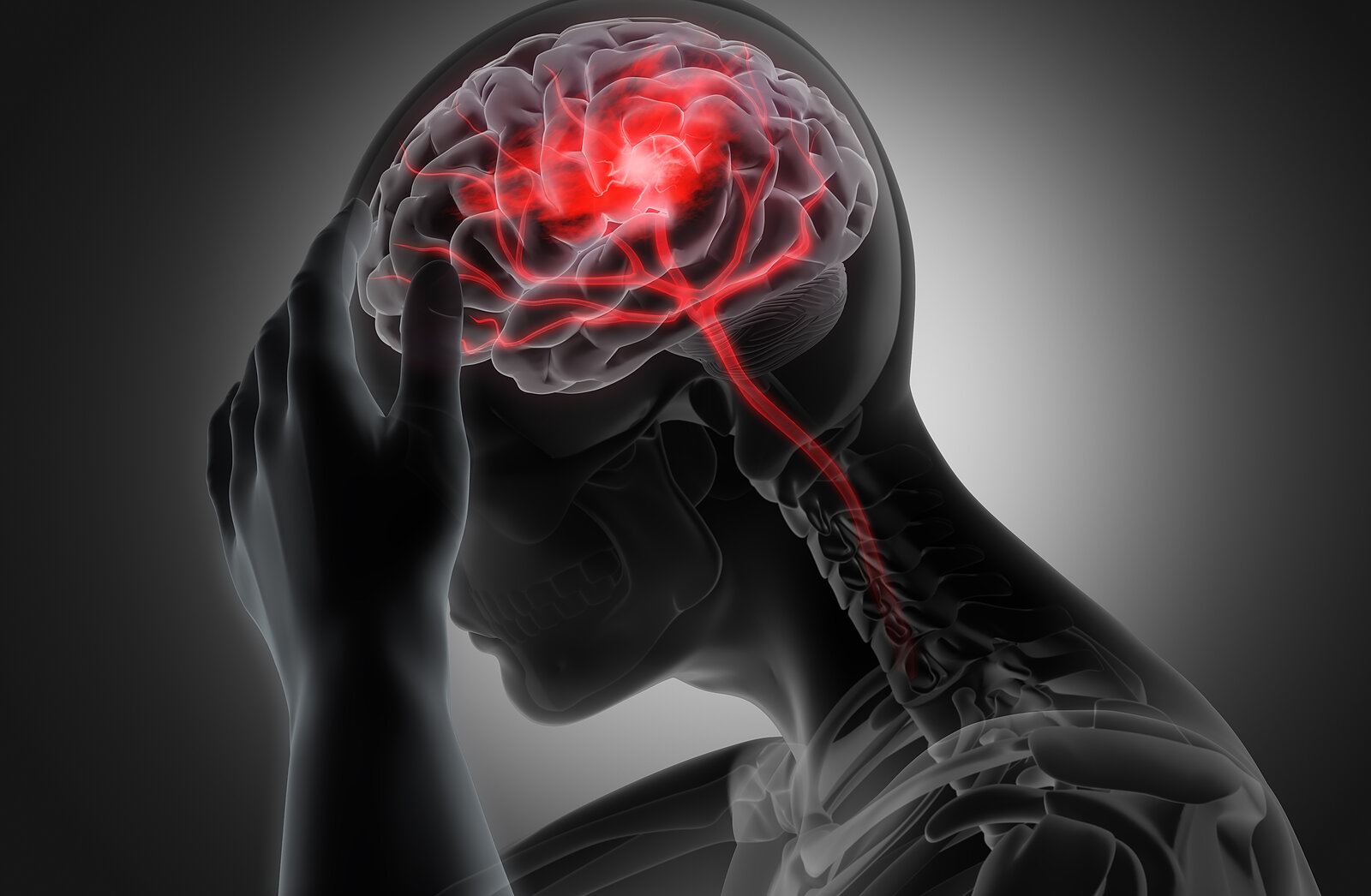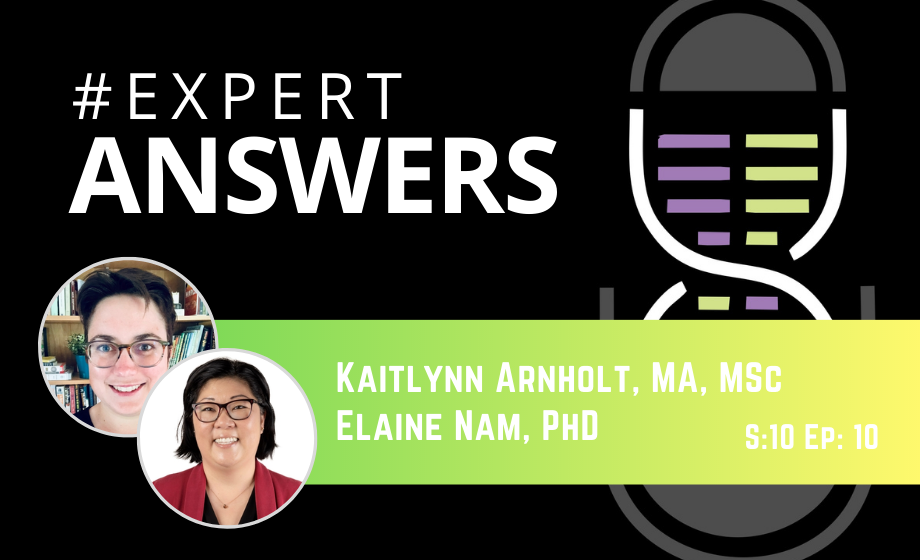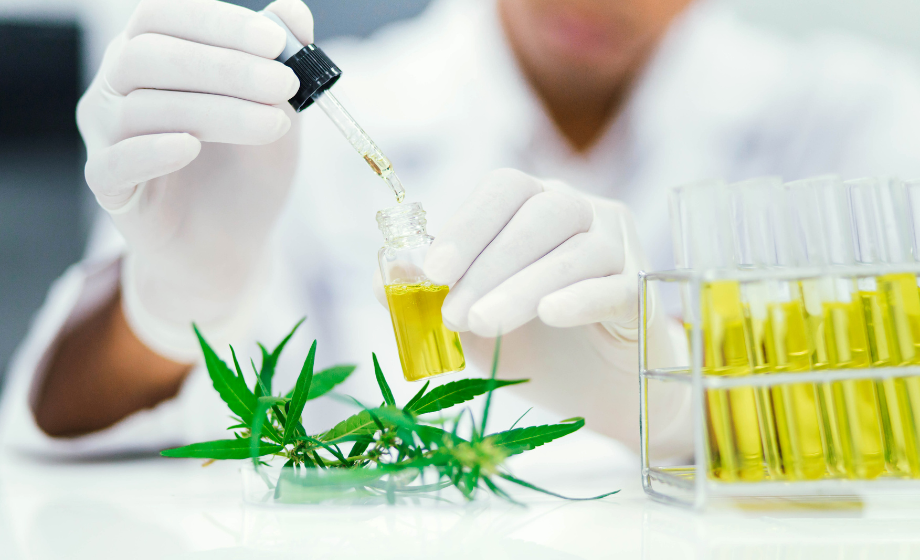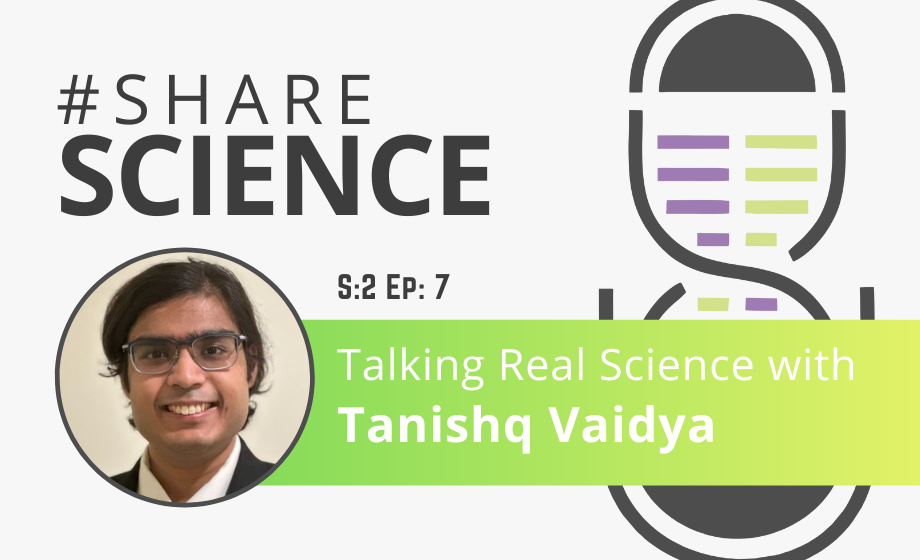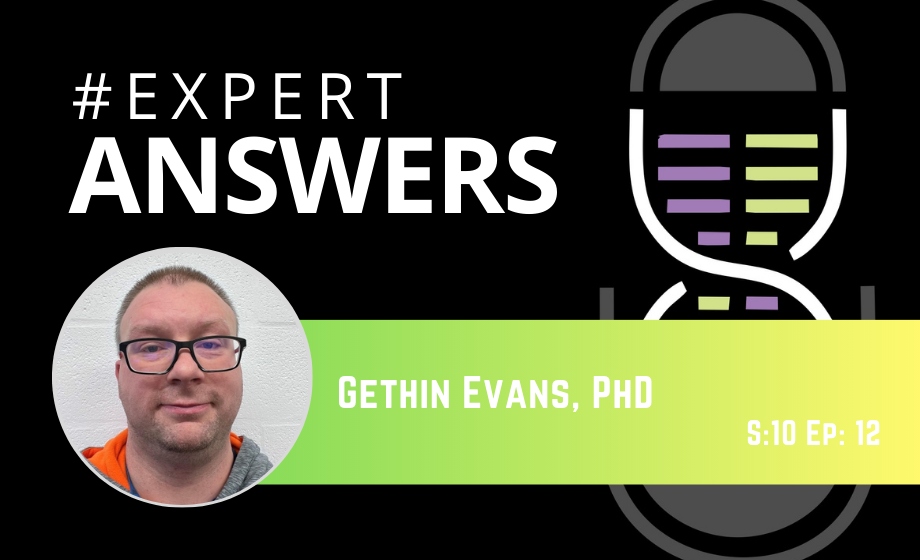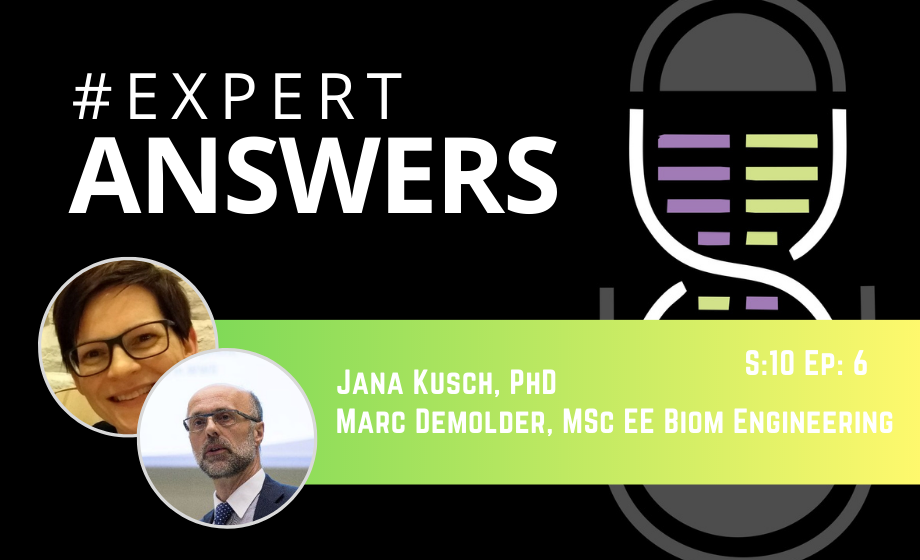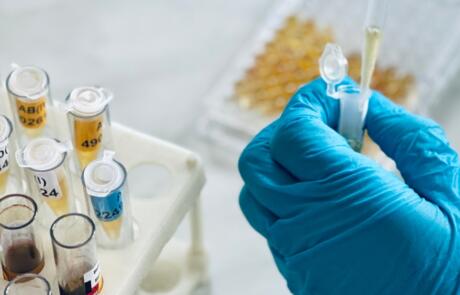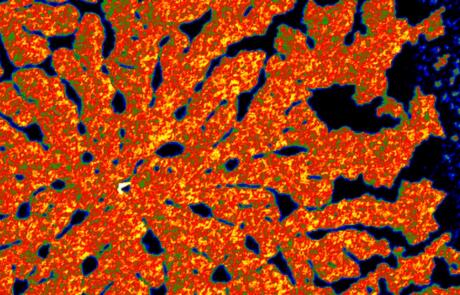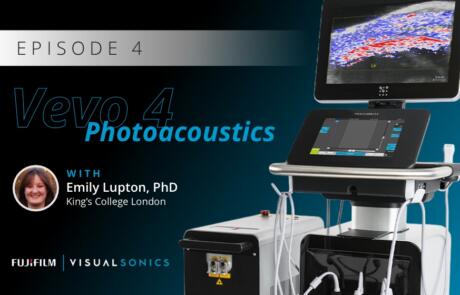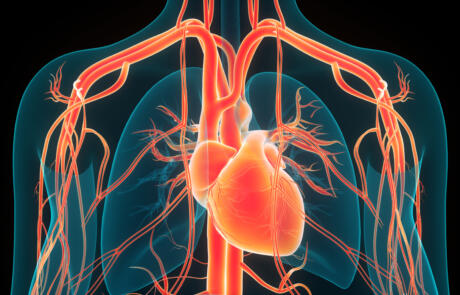Secret Health Benefits of Being a Bat
How exactly are the Myotis bat genus able to host COVID-19, Ebola, and other infectious diseases, all while living into their early 30s? We describe particular infectious disease adaptations, inflammation suppression, and the longevity observed within this taxa.
A No-Brainer: Organoids for Neuroscience Research
Explore brain organoids: 3D models advancing our understanding of brain development and disorders, and shaping future treatments.
Talking Real Science with Meaghan Loy on Rare Disease Day
On this episode of #ShareScience, we spoke with Meaghan Loy, Senior Category Director of In Vivo Services with Scientist.com, on Rare Disease Day.
Clambake: An Algorithm to Decode Energy Expenditure Data from Metabolic Cages
In this webinar, Dr. Jonathan Brestoff discusses his research on metabolism and a new method to quantify metabolic data known as Clambake.
Pressure-Volume (PV) Loops: Overview and Applications
PV loops are widely used among cardiovascular researchers as well as countless other disciplines, but there seems to be a lack of educational resources about them. Here we dive into what PV loops are, when they are used, as well as some case studies and limitations.
Updates in Chronic Traumatic Encephalopathy (CTE)
Dr. Ann McKee will describe the emergence of chronic traumatic encephalopathy (CTE) as a distinct disease over the past 20 years.
Cut and Paste of Myosin Binding Protein-C in Striated Muscles
Dr. Samantha Harris discusses the development of three new mouse models in her lab, engineered to target and replace specific myosin binding protein-C paralogs in muscle fibers and impact of their mutations on skeletal and cardiac muscle diseases.
From Models to Heartbeats: Computational Design of Vagus Nerve Stimulation for Cardiac Health
This webinar explores closed-loop cardiac rhythm control restoration in heart-transplant patients from model development to in silico regulatory evidence for safety and efficacy trials.
The Sweet Truth: Unwrapping the Science of Semaglutide
Semaglutide, also known as Ozempic and Wegovy, has become increasingly popular -- but why? Here we discuss the mechanism behind these drugs, how they've become so well known, and what current research says about their long-term effects.
Implantable Circuit-Specific Treatments for Autonomic Dysfunction
In this webinar, Dr. Aaron Phillips presents his research on the neural mechanisms of hemodynamic stability.
Compensatory Mechanisms in Parkinson’s Disease
Bas Bloem, MD reviews compensatory mechanisms, including cerebral plasticity and behavioral adaptation, in persons with Parkinson's disease.
Measuring Neuronal Activity and Vascular Physiology in the Human Brain Using High-Resolution Functional Magnetic Resonance Imaging
Join Jonathan Polimeni, PhD for a deep dive into the physics and physiology of fMRI.
Integrative Physiological Responses to Exercise-Heat Stress: Sex as a Biological Variable
Watch Nisha Charkoudian, PhD for the first event in the 2023 Neurophysiology Series as she summarizes the integrative physiology of responses to exercise-heat stress and discusses implications for athletes and the military.
Merging Minds and Machines: Recent Integrations of Brain-Computer Interfaces
Discover the future of human cognition with our overview of recent developments in brain-computer interface technology. Read this blog to find out how brain-computer interfaces function, ways they can be utilized, and how a few individuals have personally advanced this burgeoning neuroscientific field.
Taurine: An Unexpected Anti-Aging Ally
A recent publication from Singh et al. demonstrate how taurine, an amino acid used widely throughout the body, can improve age-related health outcomes in mice, roundworms, non-human primates, and also highlight how this effect appears to be evolutionarily conserved in humans.
What Does Exercise Do for the Brain?
While the overall benefits of exercise have been well documented, what exactly does exercise do for the brain? In this blog, we review two very recent publications that arrived at somewhat conflicting answers to this question.
Conference Content: American Physiology Summit 2023
Learn about several innovators that are catering to the diverse needs of researchers across all areas of physiology in these interviews from the inaugural American Physiology Summit.
Talking Real Science with Oliver Wearing
This episode of Share Science features Oliver Wearing, PhD, as he shares his personal passions and academic journey from reptilian physiology to evaluating cardiovascular function after spinal cord injury.
Chronological Age vs Biological Age: Can Aging be Reversed?
What can biological age tell us about our health? Is it a fixed number, or can it be reduced? A recent study from Poganik et al. investigates the fluctuations in biological age in response to physiological stress.
How High-Impact Sports Affect Brain Health: Chronic Traumatic Encephalopathy (CTE)
Chronic Traumatic Encephalopathy (CTE) is a condition that arises from repeated head traumas, and can only be diagnosed after death. Learn more about the history behind this condition, current research, and potential ways to prevent CTE in this blog post, written by one of the Scientist.com STEM NIL Scholarship Winners.
#ExpertAnswers: Kaitlynn Arnholt and Elaine Nam on Lab-Based Learning
Kaitlynn Arnholt and Elaine Nam discuss how the collaboration between ADInstruments and Vernier Science Education enhances lab-based learning.
CBD’s Potential as an Anti-Cancer Agent
Chemotherapy treatment is incredibly difficult on patient wellbeing, but an unlikely plant-derived substance may yet improve the adverse side effects. In this blog, we discuss the use of CBD as a treatment for side effects like organ damage and drug resistance in cancer patients receiving chemotherapy.
Talking Real Science with Tanishq Vaidya
This episode of Share Science features Tanishq Vaidya, a recipient of one of the $5000 Scientist.com STEM Research NIL Scholarships. In this interview, we discuss some of his pre-med challenges, and where he hopes to take his career as a physician-researcher.
#ExpertAnswers: Gethin Evans on Life Science Education Delivery
Gethin Evans delves into his experience teaching in the life sciences pre-, during, and post-pandemic and how his department invested in technology to assist with teaching content and delivery during the pandemic.
#ExpertAnswers: Jane Kusch and Marc Demolder on Technology-Enhanced Education
Jana Kusch, PhD and Marc Demolder, MSc, answer questions from a recent webinar where they discuss their experience with technology-enhanced education.
